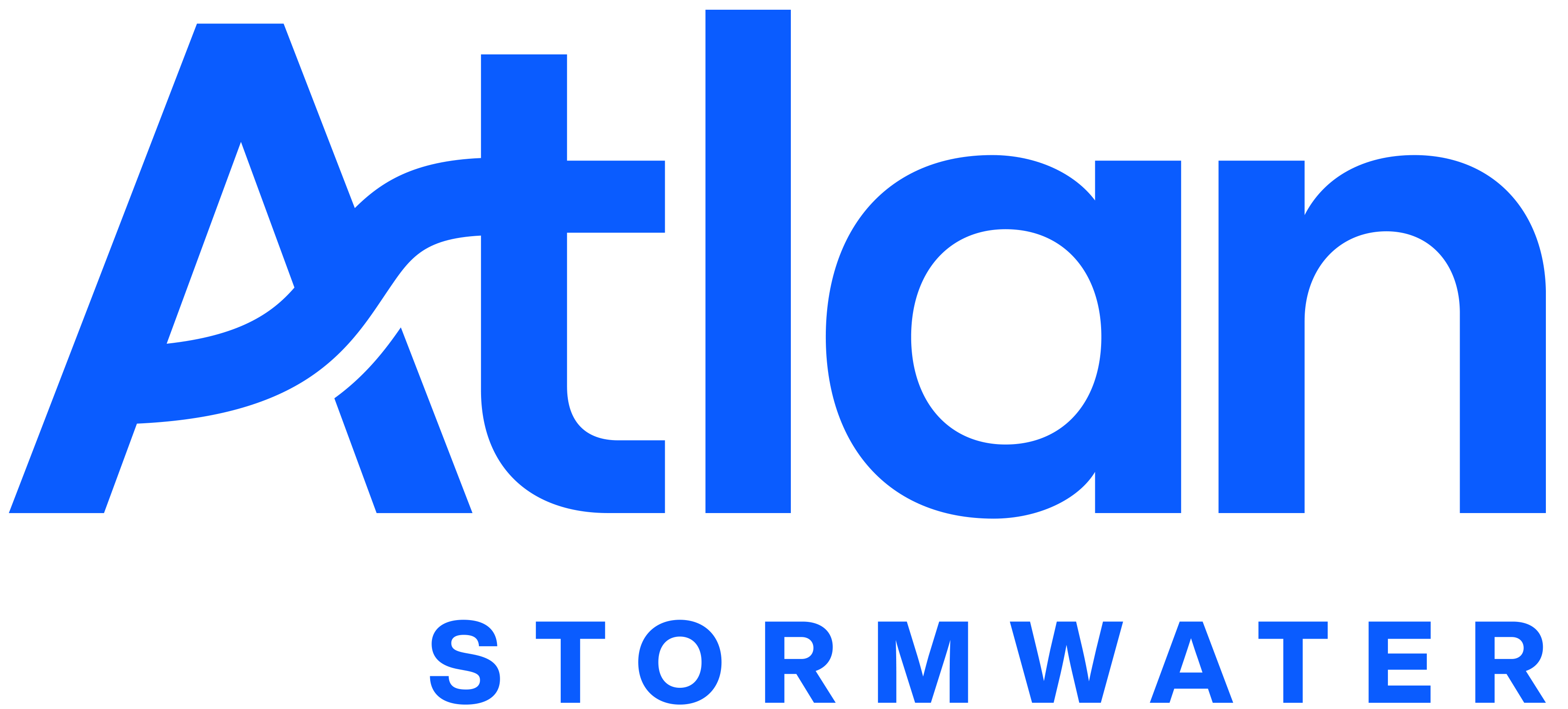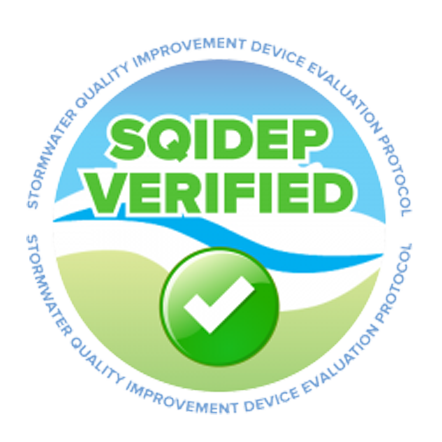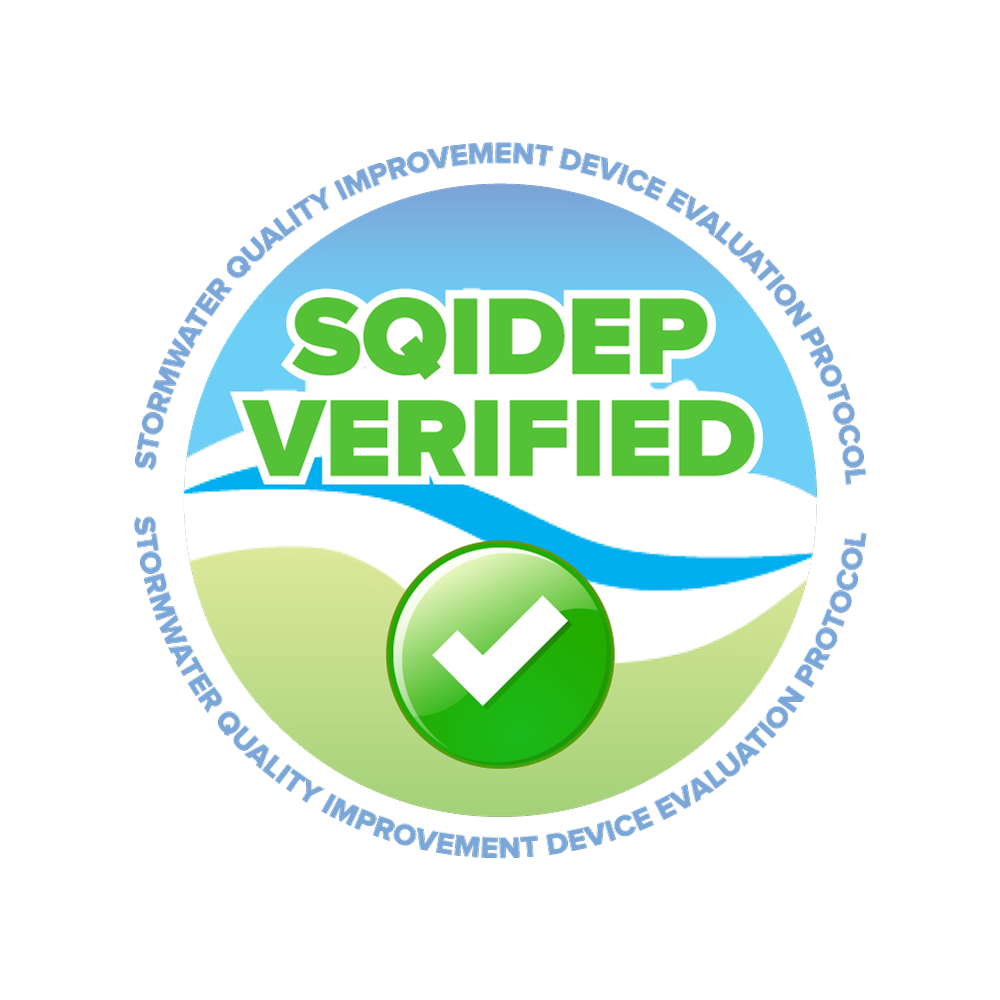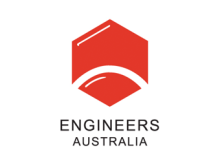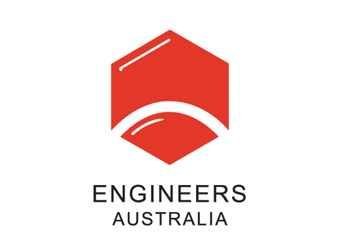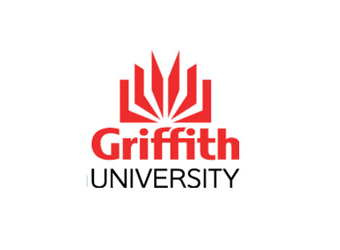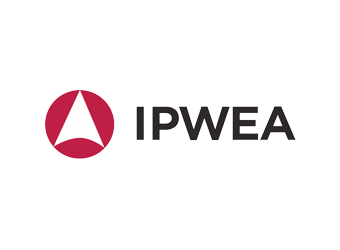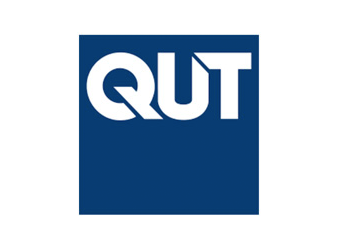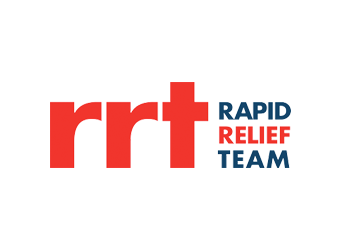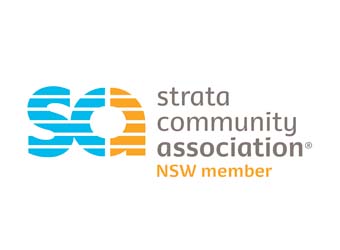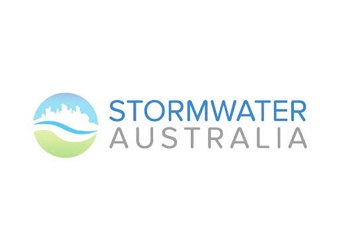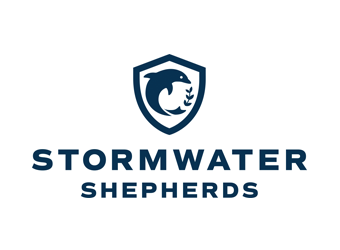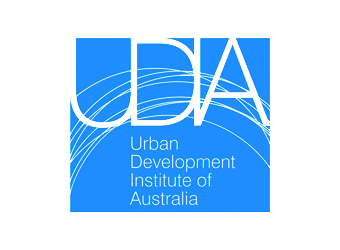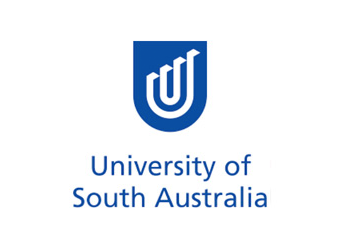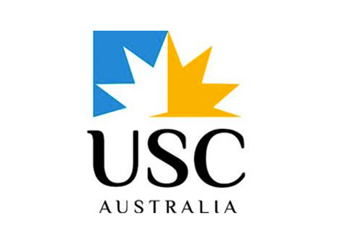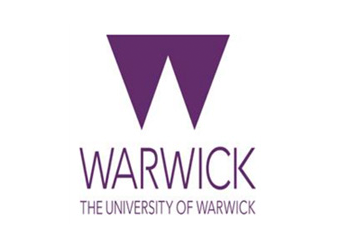Several key points of difference establish SQIDEP as a truly independent protocol. Representing the quality and robust nature of the process, there are many factors to ensure that it is not threatened by conflicts of interest, which include –
- Independent sample collection
- Independent lab analysis
- Independent results collation
- Independent reporting & submission
- 2 x Independent Evaluators
- Independent Governance review
For example, SQIDEP reporting must be prepared according to the approved QAPP by an organisation independent of the claimant. In practice, this means the claimant cannot collect their own test samples and these test samples must be tested by an independent laboratory.
Furthermore, datasets and reporting are sent to 2 independent evaluators – which are hired by industry body Stormwater Australia (and thus at arm’s length from the claimant). These evaluators prepare their own independent reviews, compare results, and work through the differences to ensure the accuracy of the datasets.
Comparatively, many of the US approval processes (such as TAPE) have a single evaluator, who in many cases is hired by the applicant themselves. This means claimants may find it easier to prepare their datasets for approval and achieve favourable results – and SQIDEP’s use of multiple independent evaluators is to help overcome these limitations and provide a robust, repeatable framework that avoids these potential conflict of interest scenarios.

